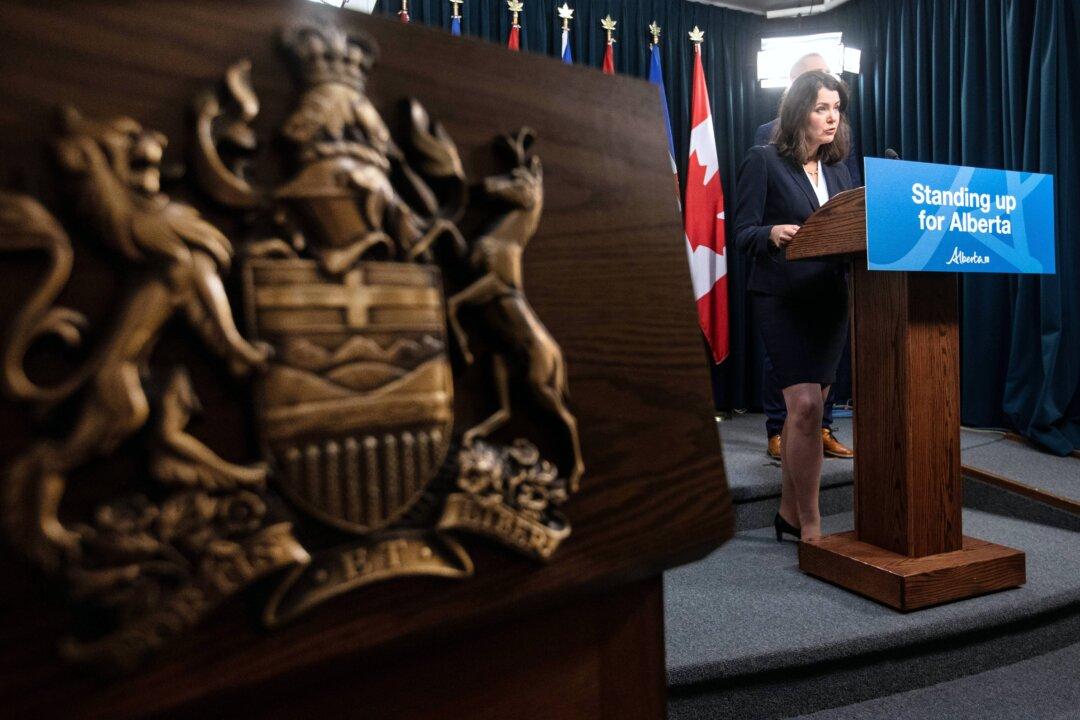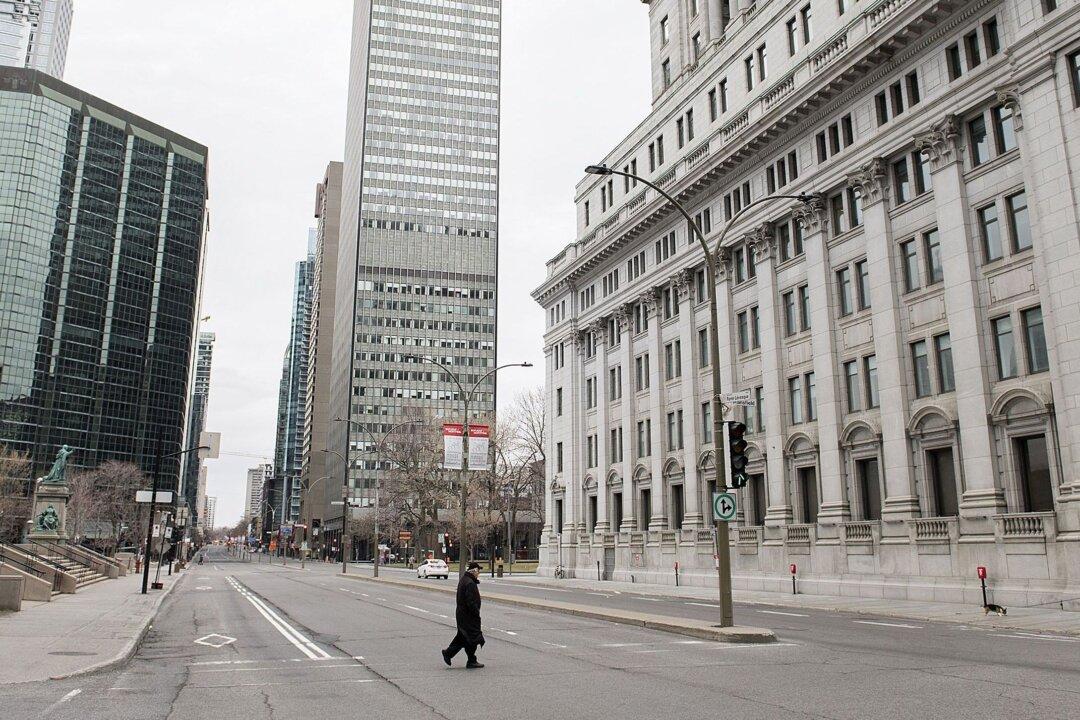Commentary
Universities have traditionally been the home and sponsor of critics and commentators, but as institutions they are neither critics nor commentators. Like the Governor General, the university has no official position on controversial social and political policies. Nor does the institution pick one such policy and impose it on its members. As for university professors, traditionally they have sought to bring logic and evidence to illuminate obscure problems and to speak the truth about what they see.





